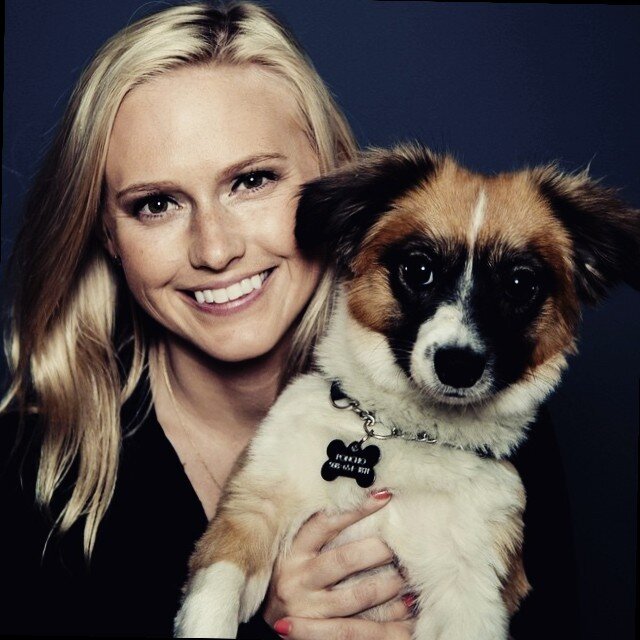Defining your User Research philosophy
Why are you a user researcher?

Questioning and exploring your beliefs as a user researcher can be extremely important, as it can help you develop your philosophy of user research. This helps you understand and articulate what you interpret are the best approaches to user research, and why you are a user researcher. Examining your thoughts behind the research process, such as methodologies, recruiting, notetaking, analyzing and sharing, can help you define your own process, and give others a good understanding of how you approach and implement user research into a company. Before you are called for an interview, this statement, along with your résumé, will give your possible future employer a first impression of you. It can also be extremely helpful when trying to build a research framework at a company.
I think, as user researchers, we do a lot of reading and learning; we try to understand the best techniques for the given situations, we discuss different methods and ways of conducting research, we try to list best practices for every aspect of the research process. Bottom line: we ingest a lot of information. What do we do with that information? We try to apply it and put it into practice to see what happens.
As we progress through our careers, I believe we start to shape our own understanding of user research processes, and tend to develop patterns on how we approach problems. We have spent much time piecing together all of this incoming knowledge to inform us, but have we taken time to define our own process, with all its unique twists and turns? Maybe it is time we sit down and think about our philosophy of user research and how we got there.
Questions to help define your philosophy of user research
- How do I think? What is my set of beliefs based on: past experience, personal ideals, surrounding knowledge, schooling, classical ideas?
- What is the purpose or value of user research?
- What is my role as a user researcher?
- How should I evangelize and share user research? Do I transmit information to teams or take a facilitator approach?
- What is the role of the company in user research? How can each department respond or help me with conducting, analyzing and sharing user research?
- What are my goals as a user researcher, both inside and outside of a company? How do I contribute to the user research community?
- Why am I a user researcher?
I definitely have my own framework and process that I bring to each research project, my own way of thinking, however, it was only after being in the field for over 5 years that I actually sat down to define my own user research philosophy. And that was just recently. Maybe I am a bit behind the curve, and people do this regularly!
The act of formally sitting down and answering these questions was immensely helpful for me. Not only did it reiterate the fact that it is important for me to understand where my own thoughts, perceptions and biases come from, but also that there are other ways to approach problems outside of mine. Additionally, I can better articulate my beliefs and framework, which help others in understanding where I am coming from and what my process might look like in a given project.
Aside from the user research project, it also helped me in remembering why I became a user researcher and all the things I love about this profession. I restated my goals, which also remind me of my motivations and values. For me, this was an invaluable exercise that helped me redefine my goals, and for the people I work with to better understand who I am as a user researcher.
[embed]https://upscri.be/ux[/embed]
